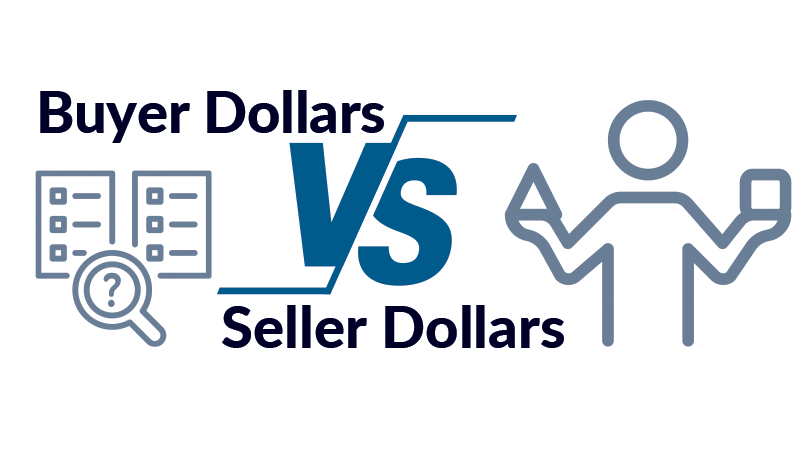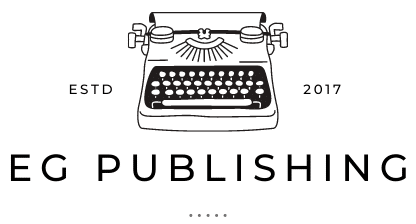By Joseph Callaway
Before you cash in your home equity, you will probably need to spend some time, effort, and money getting your home sold. Herein lies the hard decisions. What to do? What not to do? These are tough questions.
Enter the concept of buyer dollars versus seller dollars. Buyer dollars are very inexpensive. Buyers make plans, move a wall here, new flooring there, and the improvements cost you, the seller, nothing. Yes, they may try to justify a less than full price offer with how much they will have to spend. But the terms are negotiable, and you really don’t care what they plan to do, and you certainly don’t want to pay for it all. Bottom line, in negotiations, it all comes down to what a buyer will pay and what a seller will take.
Seller dollars, on the other hand, are very real. They most often must come out of your pocket now, but some things can be paid out of closing. Seller dollars should translate into either more money for the house or they should resolve an issue that makes the home less sellable or only sellable for less.
Bottom line: these are dollars you want back. Seller dollars become a part of your pricing, then they affect negotiation decisions. This is not necessarily a good thing. Most often, what we recommend is that sellers sell what they have rather than making expensive alterations in an effort to sell for more. This kind of risk is better left to investors who will admit, even as smart as they are, to only making a profit half the time.
However, every home can and should be prepared to go on the market. The yard must be cleaned up, the windows should shine, but the minute you put in wood floors you lose the buyer who wants tile. Better for them to spend buyer dollars to make it their own.
Joseph Callaway is with Those Callaways eXp Realty and has been selling houses in The Magic 85254 Zip Code for more than 26 years.






